class: center, middle, inverse, title-slide # Dirty Wars ## Who Should Measure Which War Deaths, and How? ### Jack McDonald ### 2020-02-07 --- class: inverse # Lecture Outline .pull-left[ Posing an Answerable Research Question Widening Focus: (Dirty) War in the Information Age Widening Focus: The Duty To Know in Armed Conflict ] .pull-right[ ] ??? 5.4 Research Question: Who Should Measure Which War Deaths, and How? In this lecture we will discuss the role that framing research questions and hypotheses plays in shaping subsequent work. An important element of this is scoping research questions so that they are answerable in a given wordcount. As such, we’ll also discuss different kinds of academic research projects and outputs. As part of this, I’ll continue talking you through my own research and explain how I adjusted the scope to fit an article-length research output. As part of this, we’ll be looking at the how the twin general issues discussed last week (the measurement of war deaths and epistemic duties) can be combined to significantly narrow down the scope of inquiry. We will then look at the use of case studies as a means of testing or explaining theoretical issues. In this lecture we will therefore discuss underlying ideas about the epistemic duties of military organisations in terms of measuring the damage that they inflict in the course of operations. • Discussion Questions: dirty wars 47 – What are the strongest counter-arguments to your preliminary research conclusions? – What duties to know exist in war? • Readings: – Crawford, Neta. Accountability for Killing: Moral Responsibility for Collateral Damage in America’s Post-9/11 Wars. Oxford University Press, (2013). At least one of chapters 7,8 – Crawford, Neta. Accountability for Killing: Moral Responsibility for Collateral Damage in America’s Post-9/11 Wars. Oxford University Press, (2013). Chapter 9 – DeNicola, Daniel R. Understanding Ignorance: The Surprising Impact of What We Don’t Know. MIT Press, (2017). Chapter 7 --- class: inverse # Posing an Answerable Research Question ??? --- # Recap: Criteria for Your Research Question It relates to the course! The question can be tackled productively in the space of 5000 words - If the answer is unknown, then the answer should explain the limits/contours of available knowledge It derives from an interesting research problem/Puzzle The academic importance of the question/answer is explainable ??? --- # Question Scope .pull-left[  ] -- .pull-right[ - International relations - Security studies - The causes of war - Law, technology, and warfare - The use of drones - Self defence and targeted killings - A legal analysis of British operations in Syria - A legal analysis of the Reeyad Khan strike ] ??? --- # Question Scope (2) .pull-left[  ] .pull-right[ You are not expected to, or assessed upon, your ability to produce work comparable to professionals with 3-5 years of training You __are__ assessed upon your ability to understand what kind of question can be answered in 5000 words without significant original research ] ??? --- # Choosing a Question Suited to 5000 Words .pull-left[  ] -- .pull-right[ 1. Did ideology shape British responses to decolonisation movements? 2. How did ideology shape British responses to decolonisation movements? 3. How did doctrine shape British military responses to decolonisation movements? 4. How did doctrine shape the use of torture in the Mau Mau uprising? ] ??? --- class: inverse # Small Group Discussion (15 minutes) .pull-left[ Identify a suitable question related to: - A case study covered in the lectures/seminars, __or__ - One of the themes of the course ] .pull-right[ Try to identify: - A variant that would not be answerable in 5000 words - A variant that would be too simple for a 5000 word essay ] ??? --- class: inverse # Widening Focus: (Dirty) War in the Information Age ??? Dispute Blind Spot --- # Recap: War and Secrecy .pull-left[ Covert Action Secret Wars Secrecy in War ] .pull-left[ Secret from: - Intended target - The international community - Domestic audiences - Accountability mechanisms ] ??? --- # War in the Information Age .pull-left[ 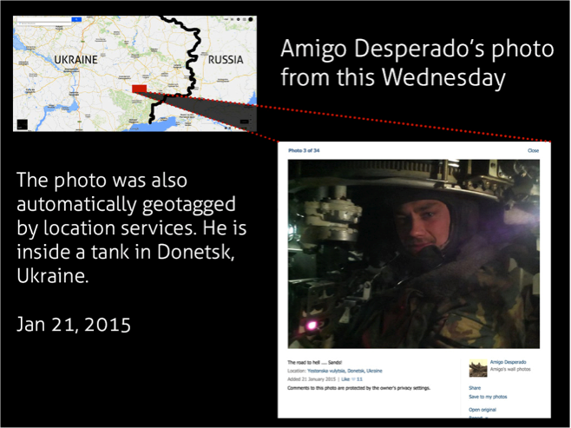 ] .pull-right[  ] ??? --- # What Defines the "Information Age"? .pull-left[ .medium[ - Age of Tools (-1500) - Age of Machines (1500-1830) - Age of Systems (1830-1945) - Age of Automation (1945-) > the cardinal result of the invention of invention, and the accelerated pace of technological innovation, was a vast increase in the amount of information needed to “run” any military unit, make any decision, carry out any mission, conduct any operation, campaign, or war. Martin Van Creveld, _Technology and War_ ] ] .pull-right[ Information communication Information processing Information theory Non-human computation Non-human sensing ] ??? --- # When Did the "Information Age" Start? .pull-left[  Here I will define "age" to mean a period where a given technology package is a shared characteristic of dominant competitors in a social system. ] .pull-right[ Pre-19th - State bureaucracies - Probability and statistics (18th) 19th - Global telegraph networks - Vaccuum diodes 20th - Semiconductors - Transistors - FORTRAN ] ??? --- # The Transformation of War in the IA .pull-left[  ] .pull-right[ 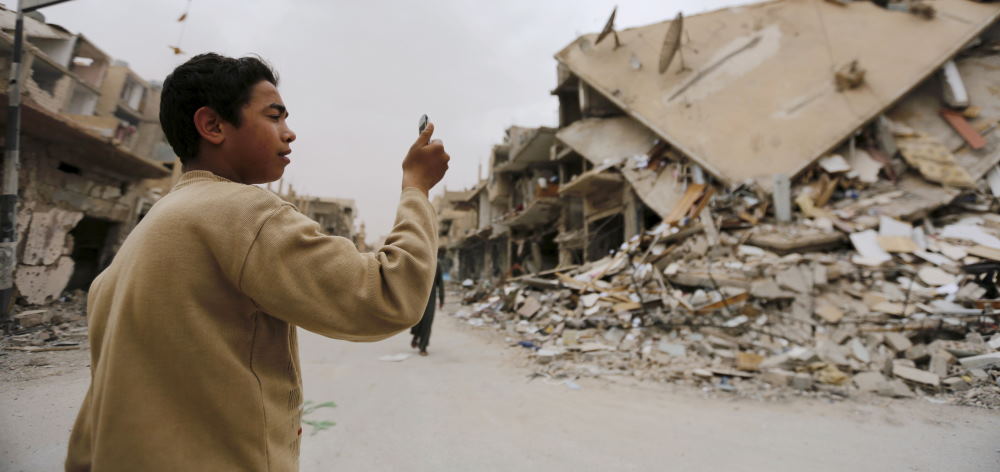 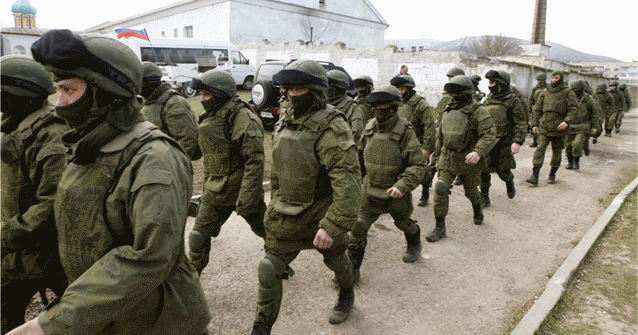 ] ??? /// --- # New Domains of Warfare? .pull-left[ 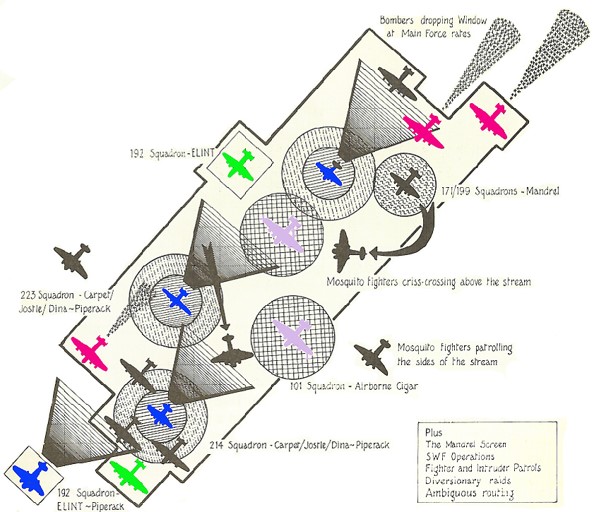 ] .pull-right[ Picture stolen from Steve Blank's [_The Secret History of Silicon Valley_](https://steveblank.com/secret-history/) Intentional human manipulation of electromagnetic spectrum gives rise to electronic warfare. - Intangible domain of war - Raises key question: what is a domain, anyway? - Another question: how do you conceptualise conflict in an intangible domain? ] ??? /// --- # Information Processing and the Rules of War .pull-left[ If information processing defines the information age, what about: - Public information processing in armed conflict (crowdsourcing) - Privately contracted information processing - The status/nature of information infrastructure (Amazon AWS, etc) - Epistemic challenges of digital technology (Deep fakes, etc) - Authoritarian use of "liberation technologies" (Recognition systems) ] .pull-right[  ] ??? --- class: inverse # Small Group Discussion .question[What duties to know exist in war?] ??? --- class: inverse # Widening Focus: The Duty to Know in Armed Conflict ??? --- # Recap: Identity, Identification, and Misidentification .pull-left[ 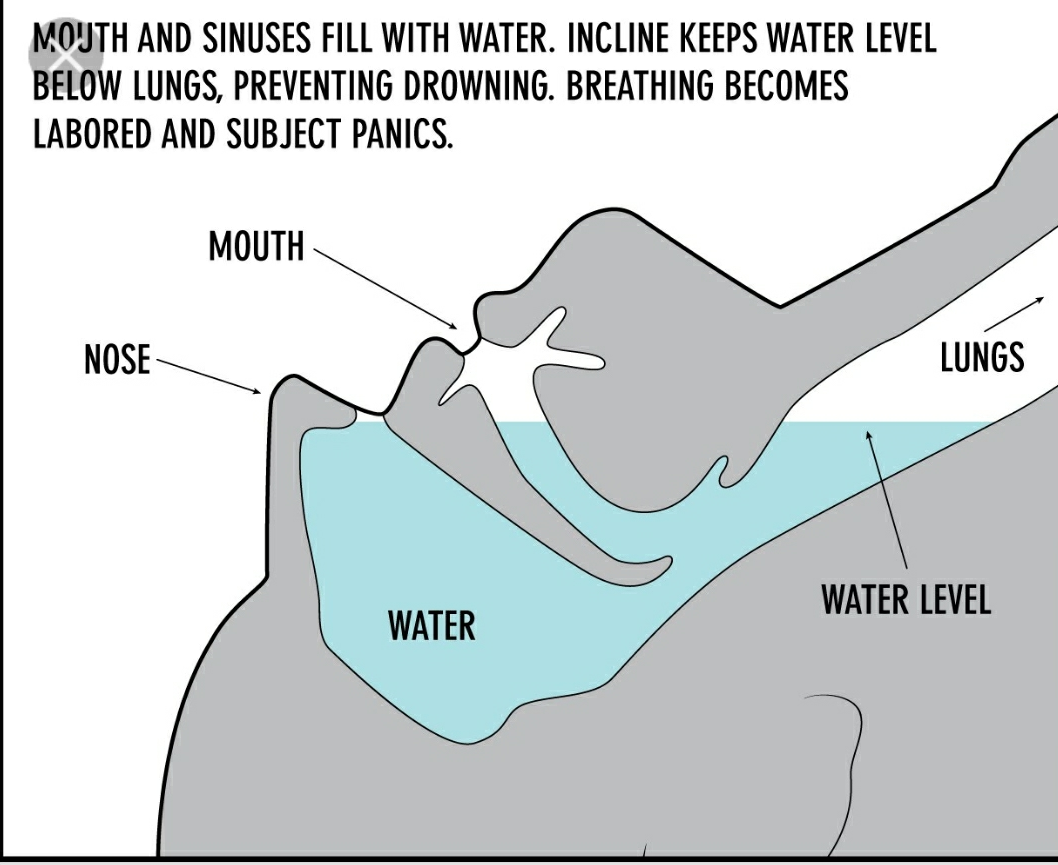 ] .pull-right[ .medium[ > If you are a military leader whose lieutenants recommend bombing a compound that might house enemy soldiers, you have an obligation to investigate — before bombing it — whether the compound really does house enemy soldiers,and whether it houses innocent civilians as well. Holly M. Smith, _The Subjective Moral Duty to Inform Oneself Prior to Acting_ ] ] ??? --- # Coping with Uncertainty > In decision theory _ignorance_ is a technical term with a very precise meaning. It refers to cases in which the decision maker (i) knows what her alternatives are and what outcomes they may result in, but (ii) is unable to assign any probabilities to the states corresponding to the outcomes Martin Peterson, _An Introduction to Decision Theory_ ??? --- # Ignorance as Nescience .medium[ > My general term for intentional ignorance is _nescience_. Different from what we do not yet know, different from what we can never know, nescience designates what we or others have _determined_ we are not to know. Daniel R. DeNicola, _Understanding Ignorance_ ] -- .pull-left[ - Rational nescience - Strategic ignorance - Willful ignorance - Privacy and secrecy - Forbidden knowledge ] -- .pull-right[ .medium[ > it is also possible to construct ignorance unintentionally, or with dim awareness, or with awareness only after the fact. That can happen when the ignorance is produced as an unintended by-product of an intentional activity. ] ] ??? --- # The Option of Ignorance in Armed Conflict? .pull-left[ A. _S_ has the _option_ to know _X_. B. _S_ has the _desire_ to know _X_. C. _S_ has the _need_ to know _X_. D. _S_ has the _right_ to know _X_. E. _S_ has the _obligation_ to know _X_. ] .pull-right[ A_n_. _S_ has the _option not_ to know _X_. B_n_. _S_ has the _desire not_ to know _X_. C_n_. _S_ has the _need not_ to know _X_. D_n_. _S_ has the _right not_ to know _X_. E_n_. _S_ has the _obligation not_ to know _X_. ] From DeNicola, _Understanding Ignorance_ ??? --- class: inverse # War and Privacy Rights .pull-left[ A "fun" learning experiment: This is a paper that has undergone peer review, and has since been revised. The idea of this is that we'll see what problems you can identify with the paper, and what problems academics identify with the paper. ] .pull-right[ Tasks: - Read the paper for next week - Identify 1+ personal criticisms of the paper - Try to think of the criticisms an academic might make of the paper ] ???